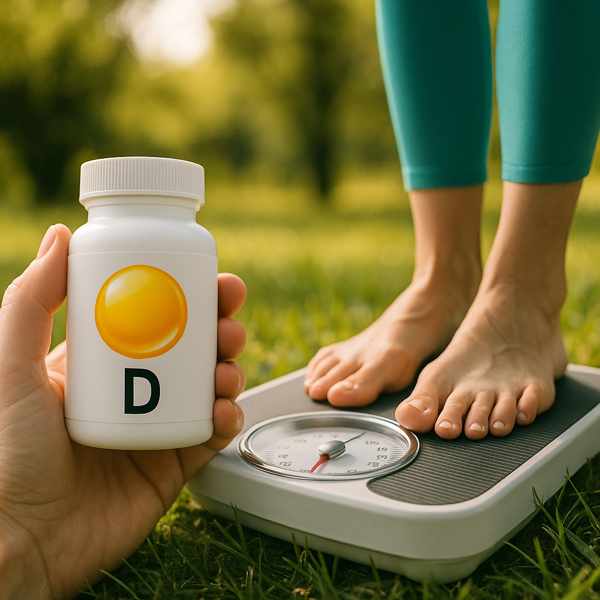How Vitamin D May Influence Weight Loss
How Vitamin D May Influence Weight Loss
Blog Article

Many people ask: does vitamin D help with weight loss?
Let’s explore the science, potential benefits, and how vitamin D may — or may not — affect your weight loss journey.
Understanding the Sunshine Vitamin
Vitamin D is a fat-soluble vitamin that the body produces when the skin is exposed to sunlight.
It helps with:
- Calcium absorption
- Helps defend against infections
- Linked to serotonin and depression
- Muscle function and energy
Is There a Connection Between Vitamin D and Weight?
But the big question remains: does supplementing with vitamin D promote weight loss?
Some research suggests:
- Vitamin D may influence fat metabolism
- It might reduce inflammation
- Helps people stay consistent with workouts
- Supports insulin sensitivity
Scientific Evidence and Limitations
- A study in 2014 found that overweight women who took vitamin D lost more fat than those who didn’t supplement.
- Another review showed vitamin D helped improve metabolic markers related to weight control.
- Some trials show no major impact on weight loss unless deficiency was corrected first.
While promising, the evidence is not yet strong enough to say vitamin D alone causes weight loss.
When Vitamin D Can Help with Fat Loss
People most likely to benefit from vitamin D read more supplementation include:
- Get your blood levels tested first
- Individuals with obesity or metabolic syndrome
- Improved mood can lead to better lifestyle habits
- Anyone on a weight loss program lacking sun exposure
Supplementing Safely and Effectively
Ways to get more vitamin D:
- 15–20 minutes of sun per day without sunscreen
- Foods like salmon, egg yolks, fortified milk
- Most effective form for raising blood levels
Tips:
- Too much vitamin D can be harmful
- Especially if you take other medications
- Combine with calcium and magnesium
Set Realistic Expectations
Vitamin D isn’t a magic solution for shedding pounds.
For best results:
- Eat a balanced diet
- Stay active
- Sleep affects hormones that regulate appetite
- Cortisol can cause fat storage if left unchecked
Final Thoughts
If you’re deficient, correcting your levels could lead to better energy, mood, and metabolic function.
As always, talk to your healthcare provider before starting new supplements. Report this page